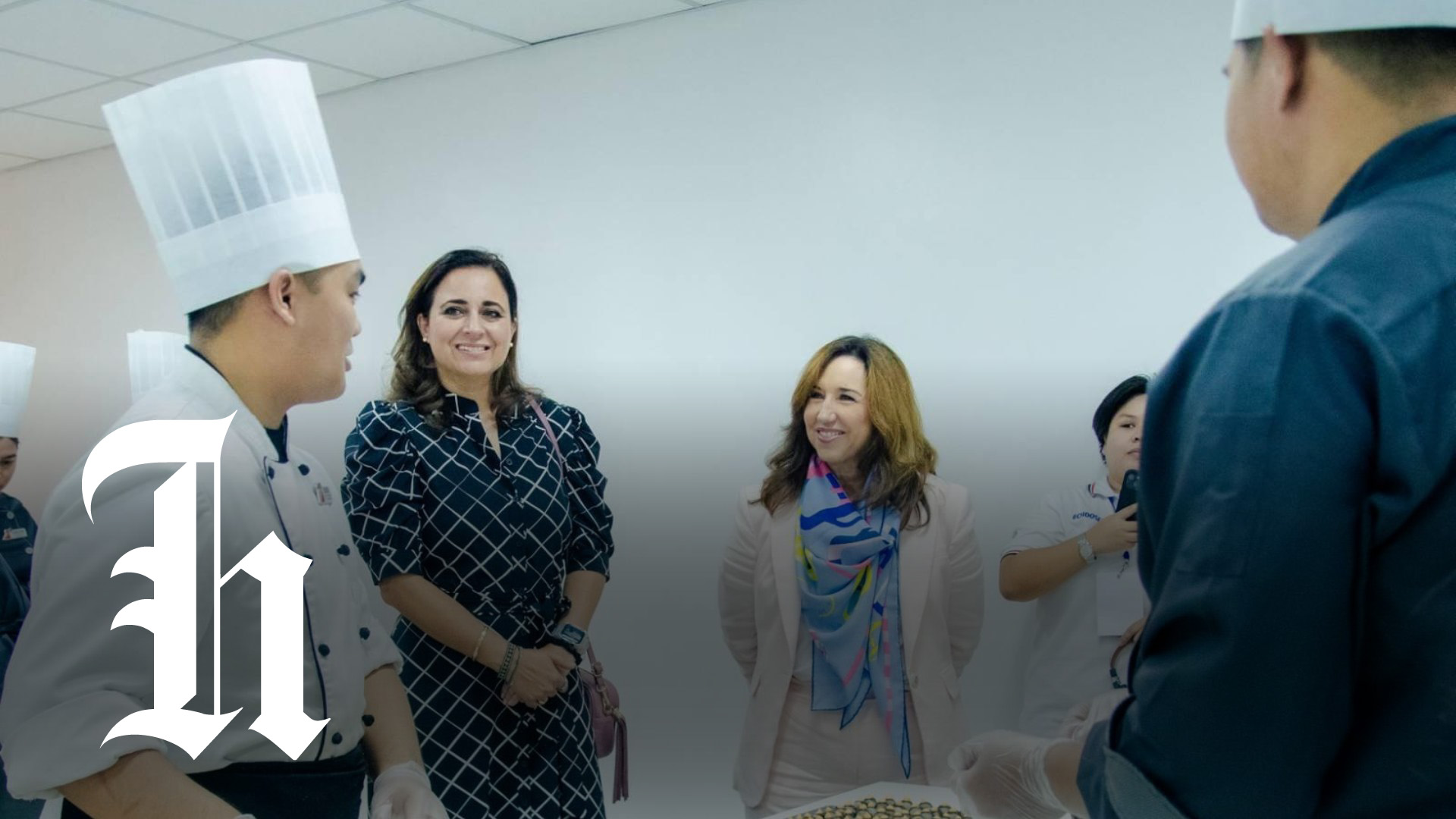STI College and Carnival Cruise Line (CCL) announced a groundbreaking partnership aimed at empowering Filipino culinary professionals through education and training.
This collaboration marks a pivotal step in nurturing future Filipino seafarers to meet the industry standards and the increasing global demand for culinary talent working on board cruise ships.
“We recognize the growing need and demand for Filipino talents in seafaring, and we are excited with this joint venture that is anchored in our commitment to real-life and industry-led education,” said STI Education Services Group (STI ESG) President and COO Peter K. Fernandez.
Making real-life education accessible
A cornerstone of this partnership is the establishment of a scholarship program for hospitality management students from STI campuses nationwide. The CCL scholars will receive full scholarships covering tuition, miscellaneous fees, educational tours, books, and uniforms.
“This is a good avenue for me to pursue my dreams of working on a cruise ship,” shared Rosemarie Sencil, one of the scholarship recipients. “STI College is an institution that immerses their students in industry-driven practices, so this has a huge impact for students like me,” she said.
To maintain their scholarships, however, the scholars must have a General Weighted Average (GWA) of at least 85% in their core and major subjects.
Empowering students through development and hands-on training
In addition to the scholarship program, STI College and CCL have jointly inaugurated the Carnival Fun Lab, a state-of-the-art simulation kitchen laboratory equipped with industry-standard equipment.
The Carnival Fun Lab is a testament to the commitment of both institutions to provide students with world-class training and preparation for successful careers on all 27 Carnival ships (and growing with seven ships joining the fleet between 2025 and 2033), which sail mostly in North America. This innovative facility will provide culinary students with hands-on experience and a realistic glimpse into the demands of working on a cruise ship.
“Carnival Cruise Line’s partnership with STI creates better opportunities for Filipino shipboard employees who join our ships,” said CCL President Christine Duffy, the inauguration’s guest of honor. “By providing and expanding curriculum to schools, Filipino culinary talent are already familiar with the equipment and what happens in the galley when they go on board, which helps chart their course for success,” she explained.
The broader impact
For many years, the Philippines has been the world’s leading supplier of seafarers for various cruise lines and ships. In 2022, the Department of Migrant Workers (DMW) deployed over 400,000 seafarers worldwide, and the demand for Filipino shipboard workers continues to grow, driven by the expansion of the global maritime industry.
Among these in-demand roles are the increasing number of Filipinos providing culinary, housekeeping, guest relations, front office, and other services on cruise ships.
The partnership between STI College and Carnival Cruise Line started with culinary and there are plans to expand the program to support restaurant management and housekeeping training for STI’s hospitality management students. These future programs will also be aligned with Carnival’s standards, encompassing learning content, curriculum, hands-on application, and onboard training.
“With the rapid changes in job market demands, we strive to stay ahead and anticipate new challenges and opportunities for our students and graduates. This initiative is one of our strategic industry linkages, providing our students with the right context, skills, and training needed for the real world,” said Fernandez.








